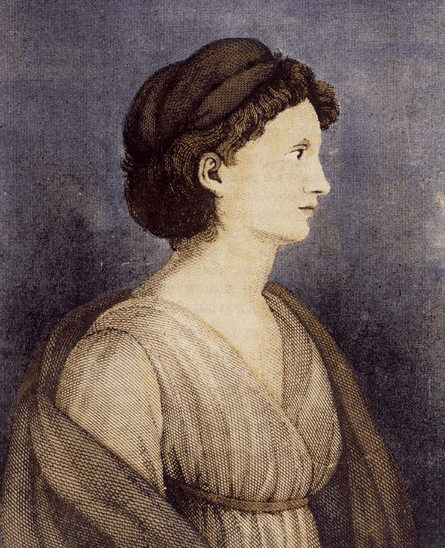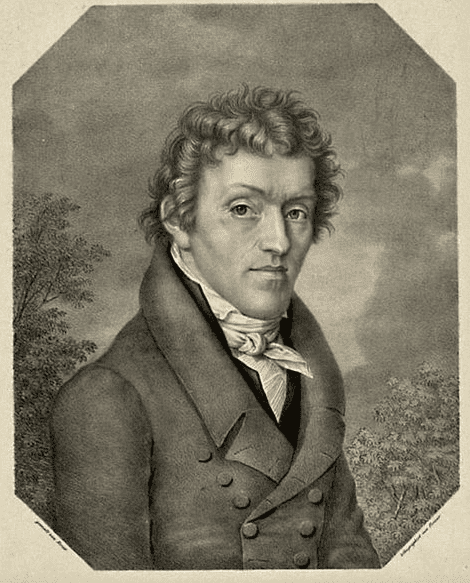Nicolás Roberto Robles
Badajoz, Spain

Suicide, often occurring as an impulsive gesture or from underlying depression, has long been an important cause of death among young people, as exemplified within recent memory by the wave of suicides that followed the death of Marilyn Monroe. Historically, in the preromantic period, it was precipitated by the suicide of the young English poet Thomas Chatterton, and later by Goethe, who, inspired by the suicide of his friend Carl Wilhelm Jerusalem wrote The Sorrows of Young Werther. Also, on November 21, 1811, the writer Heinrich von Kleist shot his beloved Henriette Vogel, who was suffering from cancer, and then himself, writing in a last letter to his sister that he thought of death with “inexpressible serenity.”

Karoline von Günderrode likewise belongs to that era. She was born on February 11, 1780 as the daughter of a Karlsruhe government official who, upon his death in 1786, left his family in a precarious financial condition. At seventeen, Karoline was accepted in Frankfurt am Main in a convent providing material support for destitute daughters of old families. She began to write poetry under the pseudonym “Tian”, and at age twenty-four, transiently fell in love with Friedrich Carl von Savigny, then a student of law, later the most important jurist of his time and minister to King Friedrich Wilhelm IV. Savigny introduced her to the Romantics.
Later, on an excursion near Heidelberg, Karoline met the important philologist and mythologist Friedrich Creuzer, then thirteen years her elder. Now her life themes received a boost—and so did her conflicts. Creuzer appreciated her poetry and helped her to publish it. They promised to love each other until death. “I could not bear the loss of your love,” the young woman wrote in one of her letters, which are considered by some to be the most beautiful love letters in German literature.
But when Friedrich Creuzer fell ill and his wife nursed him back to health, he swore that he would separate from his young mistress. On July 26, 1806, Karoline received the news. For a long time she had possessed a dagger with a silver handle. She sought advice from a surgeon on how best to wield it and stabbed herself on the riverbank. The next day her body was found in the water. “A deep wound, not quite an inch long; the stab entered the left ventricle between the 4th and 5th ribs,” the medical record notes.
Du innig Roth,
Bis an den Tod
Soll meine Lieb Dir gleichen,
Soll nimmer bleichen,
Bis an den Tod
You deep red,
Till death
My love shall be like Thee,
It shall never fade,
Till death
— “Hochroth” (Red Hot) by Karoline von Günderrode
NICOLÁS ROBERTO ROBLES is full professor of Nephrology at University of Extremadura and member of the Academy of Medicine.
Highlighted Vignette Volume 14, Issue 3 – Summer 2022

Leave a Reply